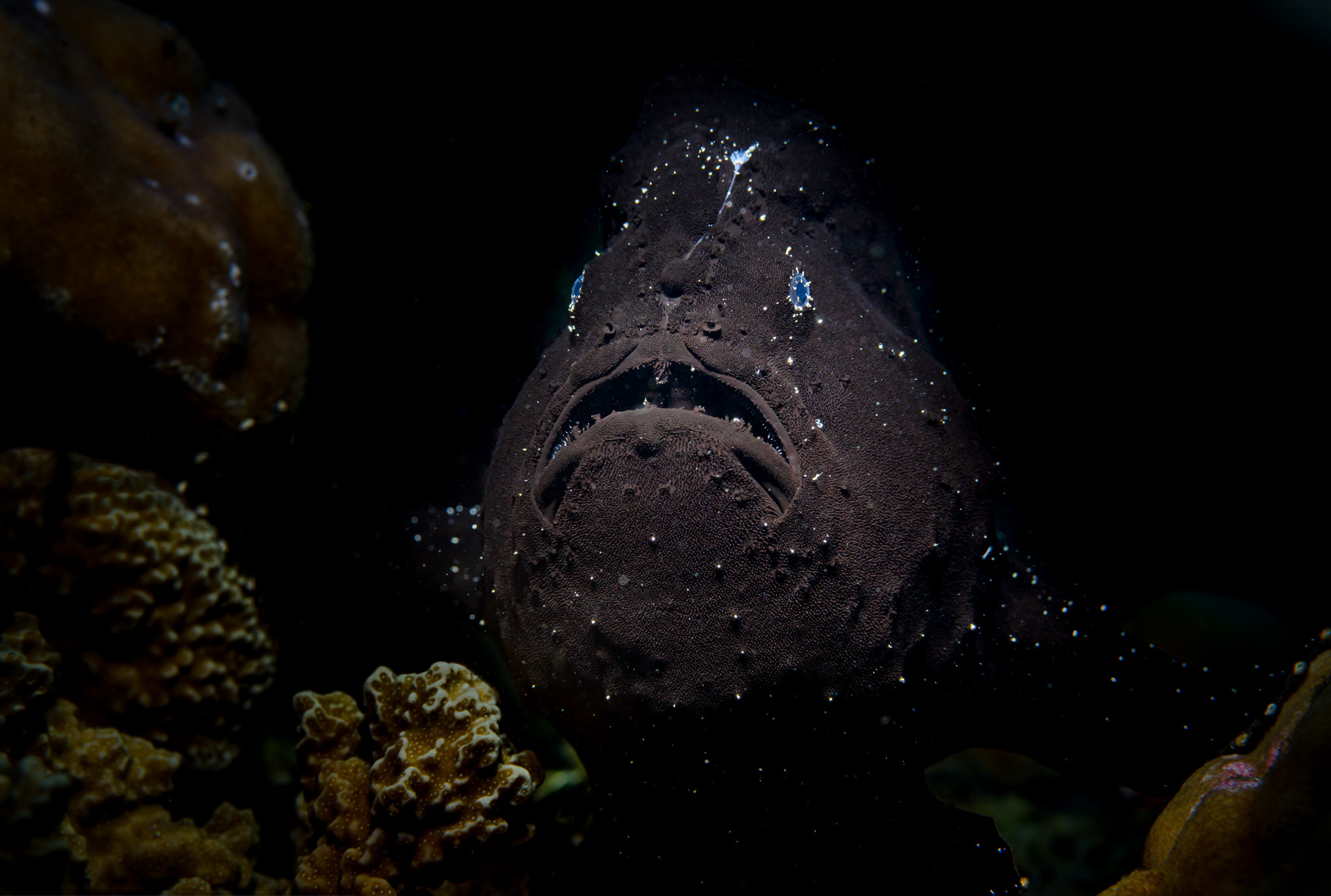As lawmakers around the world weigh bans of 'forever chemicals,” many manufacturers are pushing back, saying there often is no substitute.
Yet I guarantee you that in their R&D labs they’re already looking for alternatives at this point, all the while claiming to the public that it will be impossible to replace or result in inferior products (maybe it will, but hopefully it won’t be super noticeable - leaded gasoline’s octane numbers haven’t been matched cheaply but we can still drive just fine).
Remember your high school chemistry class? What do you think they are going to use instead of fluorine? The thing that makes these compounds useful is exactly the thing that makes them “forever.”
Remember your high school chemistry class
Yes I do. I also remember my college chemistry classes. And my work in an industry R&D lab evaluating potential replacements for a fluorinated compound.
What do you think they are going to use instead of fluorine?
Something that’s not as good, but good enough. See leaded vs unleaded gasoline for a historical example of industry reacting to regulation. It’ll of course take time and money, and there may be limited use cases where there aren’t any conceivable replacements, but in a lot of cases these compounds are used as a catch-all because they work so well.
Which one would be your first choice?
PFAS are used in so many forms (solvents, polymers, etc.) that I think the replacement will be very dependent on the specific use case (and potentially other regulations on alternatives, particularly for solvents). I’m not knowledgeable about every field these compounds are used in and for privacy/NDA purposes I can’t talk about the specifics of the ones I worked with.
You are certainly much more knowledgeable about this than I.
In broad general terms:
Doesn’t the fluorine make them both effective and forever? Isn’t it difficult to create a lower energy state molecule than a compound of fluorine.
Is “forever” the problem?
The points you have brought up seem to be an issue with responsibile manufacturing more than the nature of the chemicals themselves. Seems like that should be addressed on a much wider discussion than just these particular compounds.
Doesn’t the fluorine make them both effective and forever? Isn’t it difficult to create a lower energy state molecule than a compound of fluorine.
For many applications, yes. Fluorinated compounds tend to be quite inert. There are definitely some applications where the compounds don’t need to be resistant to every type of chemical attack and you could use a more specialized compound that is generally less inert but performs similarly in whatever conditions you put it under.
Is “forever” the problem?
Forever is a big part of the problem, but it’s worth noting that if a compound is completely nontoxic then bioaccumulation doesn’t matter as much (though some nontoxic chemicals can increase the potency of other, toxic chemicals and cause problems that way: see this article)
The points you have brought up seem to be an issue with responsibile manufacturing more than the nature of the chemicals themselves. Seems like that should be addressed on a much wider discussion than just these particular compounds.
Yes. We need increased strictness on regulations and enforcement for these compounds and others because that’s the only way to make companies comply.
Nanomachines, son.
And big sheets of graphene and cold fusion and curing cancer.
It’s still nanomachines. How can you get sheets of graphene? Nanomachines. How do you solve cold fusion? Nanomachines. How do you cure cancer? Believe it or not, nanomachines.
“Just put the eggs in this pan and they flip themselves.”
Exactly what I thought as soon as i read the title: “These chemicals can’t be replaced” “But did you look for substitues?” “Well… no.”
All it took to find a replacement for CFCs was to ban and discontinue them.
Humans existed before these compounds were created. One of the ones mentioned in the article PFAS were first dre4ated in the 1940s.
So my question would be, what did we use in their place before that?
And what will happen if we stop using them.
Yes ideally they should just stop. However, there are things that have changed since the 1940s.
A lot of technology is based on plastics being available and will require a complete redesign to work without it.
Also ordinary stuff f.i. rain jackets, cookware and cleaning products. All of these could be replaced with whatever people used beforehand, but one reason why plastics has been used so widely is because it’s a cheap biproduct that could replace more expensive and more energy intensive productions. F.i. imagine if we had to replace all hard plastic casing with ceramics, glass or steel. That would require a lot of furnaces to run on coal. Multiply this with the increased population since the 1940s and it might very well just cause a different environmental disaster.
Cast iron pans work great, you can even use them on your induction stove and they heat way better than any expensive non-stick. Waxed canvas is also excellent at waterproofing. We do have solutions already for many things. Your plastic argument as well. The types of plastics the complaint is about is for specific products, not all of them. I work in manufacturing and the availability of safe materials are plentiful as science keeps looking for new ways. People just have to stop buying new things to throw perfectly good and usable ones in the garbage. It would go a long way.
Yes absolutely. Reuse is the second best step of the" reduce, reuse, recycle, reclaim" cycle of materials.
All I’m saying is that if everyone needs durable quality products, then we’re facing a different material problem than what plastics are doing. Plastic is used because it’s a cheap biproduct. Cast iron is not, and we can’t replace all plastics with iron, glass or stone without also damaging the environment in other ways.
Personally I think plastic wrapping is better place to start. Why not use paper, cardboard or another biodegradable material for wrapping.
How did we ever survive without them?
It’s not about survival. Manufactures are just letting people know if we ban these chemicals they will need to stop producing some products.
can’t be replaced… By something that works as well, is as cheap and most importantly : makes them as much money.
Were without these chemicals before, we can so again.
The article opens by saying something totally different than the above summary. The point is that it’s difficult to replace a lot of these chemicals, not that there isn’t any substitute.
You could replace most of this shit with glass, ceramic, cardboard, and some cooking oil to replace those non stick cooking appliances
These are critical chemistries that enable modern day life
Then maybe we need to examine “modern day life” with a more critical eye. Some sacrifices may need to be made, because they are worth being made.
There are also measures that lie between “ban” and “use freely”. If we cannot eliminate the use of these chemicals in chipmaking, then we need to reconsider the disposability of these chips, or we can even consider if less effective processes result in less damaging chemical use, and accept a bit of regression as a trade-off.
Who would have a problem with us returning to an average lifespan of 40 years?
not the people insisting on the chemicals, clearly.
My comment was about how if elimination of these materials is impossible, then we should figure out how best to reduce their usage in an acceptable manner.
Jumping straight to black-and-white “So you’d send us back to the dark ages?!?!?!” type of response is kinda wild.
And yet somehow we survived thousands of Years without them.
I am so not understanding all the comments on this post that are literally defending their right to be given cancer by large corporations.
Wtf are the responses to this comment? “No, I like being poisoned for profit!” Jfc.
deleted by creator
It’s just more expensive to make a new substitute and stop selling the toxic shit you still have in storage with no way of getting rid of it. So regulation has to lead the way…otherwise there is no incentive to stop. How about letting THEM come up with a way of removing the chemicals they already put into the environment first, before giving them the next free ticket to pollute.
Yeah, there was a point in time where none were used. To say there isn’t an alternative is to say this isn’t true. They might not like it, but we don’t require whatever they’re producing with it.
I support this approach. Any company manufacturing products which are not readily biodegradable must put in place a scheme to capture and render that product inert before they’re allowed to sell it.
New type of plastic that can’t be recycled? Better figure out a recycling process and sort out the logistics of implementing that process wherever you intend to sell it.
Chemicals in your cleaning agent that don’t break down harmlessly after a reasonable time frame? Either re-engineer your chemicals until they do, or develop a process to prevent them ending up in the waterways.
Can’t do that? You arent manufacturing it.
why would we replace them? they’re “forever”.
They mean serving as the agent for whatever industrial need or process is being performed.
Like replacing eggs in a meatball recipe. Sometimes you can’t substitute the ingredient and end up with the same or similar end product or effect.







